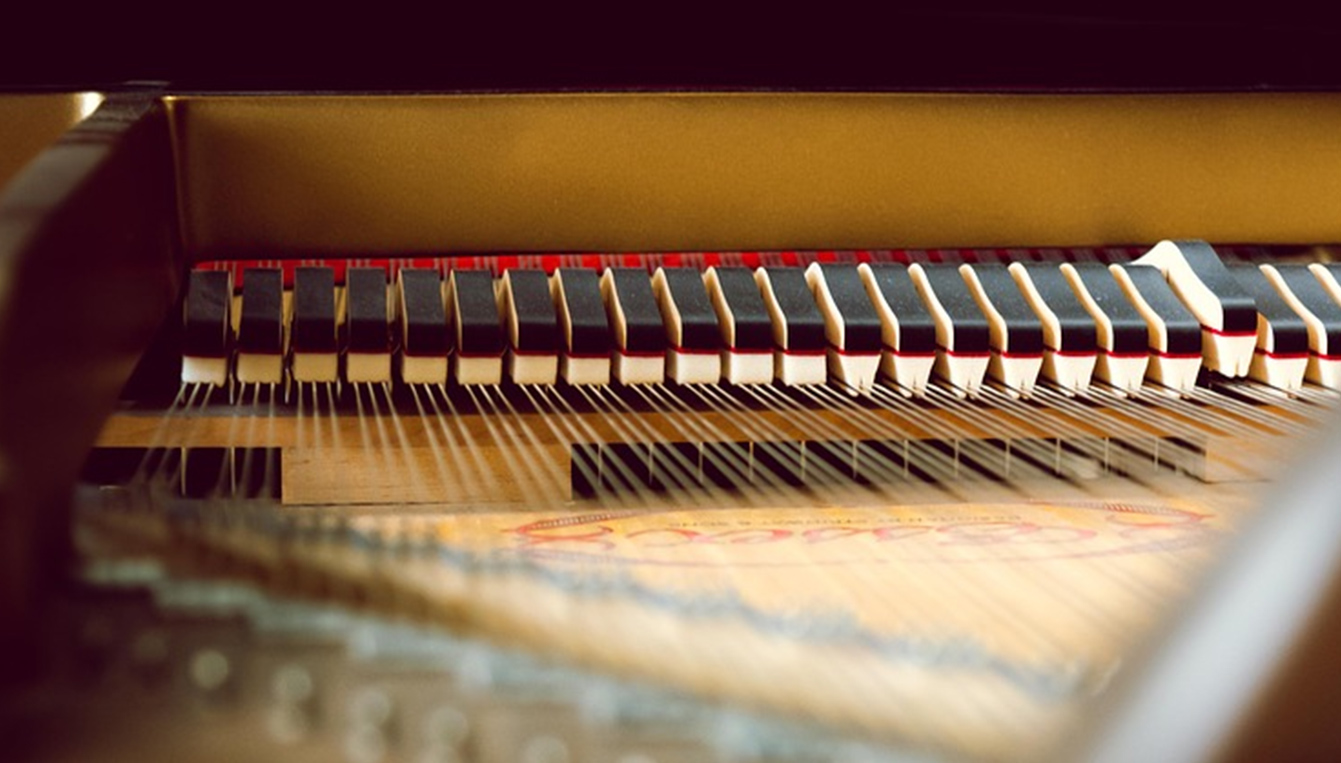Kelsey Rogers
Principal

I often find myself in conversations with my colleagues at Acentech about favorite composers, pieces of music, and of course, performance halls. I began studying the piano when I was 5 years old, so my preferences are naturally biased toward solo piano music, and particularly music of the late Classical and Romantic eras. Beethoven’s No. 30, Opus 109 piano sonata is near the top of my list because I will never forget one lesson with my piano teacher on the piece. It was the summer after my freshman year of college (where I studied mechanical engineering), and we were working on the third movement of this sonata, a theme and set of variations. The movement is incredibly nostalgic and introspective, which could not have been more fitting of my relationship with piano at that time: trying to hold on to something that felt like it was slipping away. As we worked through the piece, I had never been more struck by my teacher’s connection to the music. Through words and playing, he could articulate exactly what Beethoven was doing. And because of that, I will return to the piece throughout my life, knowing that there’s always more to learn about Beethoven and about myself, in the process.
Last month, I witnessed my childhood piano teacher summit his “Everest”. Between 2013 and 2016, Gregg Pauley, of Concord, NH, performed all 32 of Beethoven’s piano sonatas. A monumental accomplishment for any pianist, this achievement is made even more remarkable by the fact that Gregg maintains a full teaching schedule at several institutions around New Hampshire (a familiar story to many at Acentech who pursue simultaneous careers of consulting, teaching, and performing).
On May 6, he performed the remaining two works in the cycle: No. 29, Opus 106 (the “Hammerklavier”), and No. 32, Opus 111. A favorite among pianists, Gregg’s Opus 111 was outstanding. Beethoven’s late piano sonatas range in emotion from the depths of human suffering to ethereal joy. By 1822 when No. 32 was completed, Beethoven was completely deaf; as such, these late works came from Beethoven’s heart and mind in a stream uninterrupted by audible sound. In this spirit, Gregg reminded all of us in the audience that we must relentlessly pursue our goals in order to succeed, and that “success” can come in many different forms.
Gregg organized the three year concert series very intentionally; instead of performing them in strictly chronological order, he grouped like works together to most effectively communicate Beethoven’s voice as it evolved throughout his life. For example, one concert was devoted to Beethoven’s humor, two featured works dedicated by Beethoven “to the One I Love”, and another featured four “named” piano sonatas: “Pathetique,” “Moonlight,” “Tempest,” and “The Hunt”. True to his identity of a teacher, Gregg devoted substantial time in each concert to discussing Beethoven’s compositional intentions. As I listened to him talk and play, my mind drifted through the hundreds of lessons that we’ve shared over the last nearly 20 years.
The final concert was held in Concord Community Music School’s recital hall, a small converted worship space with lightly upholstered pews that seat about 100 people. The room has a simple “shoebox” form with primarily hard, sound reflecting surfaces that promote a bright, reverberant acoustical environment. Performers on stage are well-supported – an attribute that is helpful and exciting for young musicians, though sometimes overpowering for a concert pianist playing a fortissimo passage. HVAC system noise is often controlled the old-fashioned way: by turning it off and opening the windows. One summer day, this feature allowed a bird to join in my music-making for the duration of my very first solo recital. I have countless memories of performing in this recital hall- some triumphant, some unexpectedly humorous, and some disappointing- but each one pointed me toward a career related to music.
Gregg’s concert provided a wonderful opportunity to reconnect with my musical home and to remind me of why I chose a career in acoustics. In my first year at Acentech, I’ve had the opportunity to work on several projects that include spaces for music instruction, practice, and performance (including the Center for Theater and Dance at Phillips Exeter Academy, and Middlesex School’s Music and Campus Center). Such projects are especially rewarding because I know, first-hand, the opportunity that such buildings and their programs will have to shape a young person’s life. Throughout the acoustical design process, I return to this responsibility to craft spaces where aspiring musicians can learn, grow, and discover their love for music.